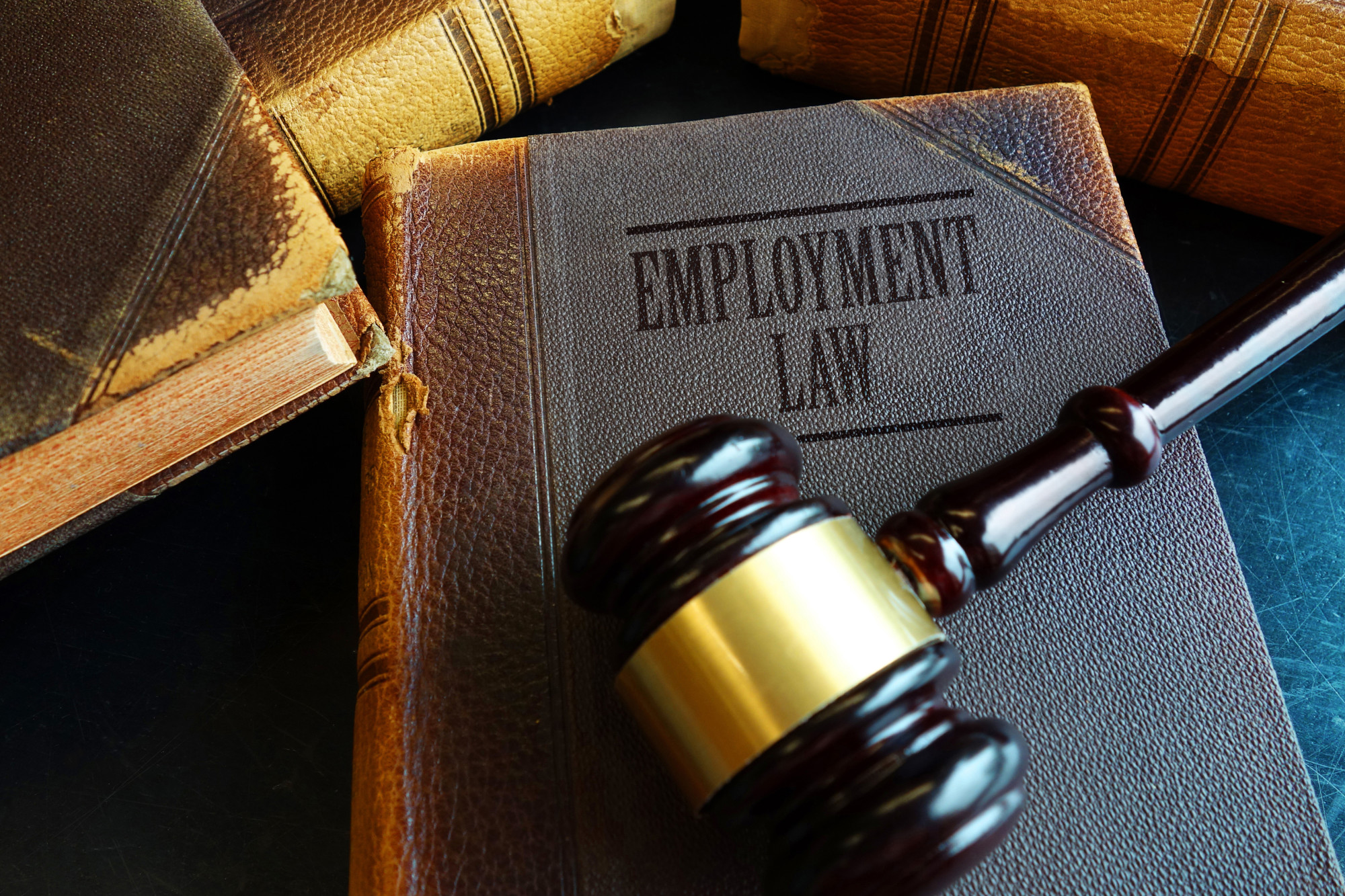
One of the most powerful types of speeches that we can give is the type that will cause our audience to want to stand up and take action. These are the speeches where every word that you say counts. You need to find ways to really connect with your audience, you need to let them know that you understand what their problem is and that you know how they can go about fixing it. In order to make this kind of speech be truly effective, you have to make sure that you have your story straight. If you know how to collect the information that you’ll need, then you can create a speech that will move your audience. Let’s take a look at how you could use a case of discrimination to make your audience want to take action.
If you’re a person who identifies as a member of the LGBTQ+ community, you’re probably familiar with other people’s intolerance. When that intolerance happens at work, it’s no longer just intolerance; it’s a legal issue.
Unfortunately, workplace discrimination happens more often than you’d think. If you’re a member of the LGBTQ+ community and you’ve been discriminated against in the workplace, you’re probably wondering what you can do about it.
This quick guide will walk you through how to handle workplace discrimination and get the justice you deserve.
What Is Workplace Discrimination?
There are two types of workplace discrimination: direct and indirect.
Direct discrimination is when someone in your workplace specifically discriminates against a member of a group protected under anti-discrimination laws. Federal laws make it illegal to discriminate on the basis of sex, age, religion, race, political beliefs, disability, pregnancy, and parental status.
Unfortunately, there aren’t solid federal laws protecting LGBTQ+ individuals, and not all states have laws protecting LGBTQ+ individuals in the workplace.
Direct discrimination can take many forms. It could be someone harassing you. Or being passed up for a promotion because of your status as a member of a protected community. It can also include not getting hired, getting paid less, or getting demoted because you’re a member of a protected community.
Indirect discrimination is when your employer puts a new policy in place that specifically targets or disadvantages members of a protected community. One example of indirect discrimination is if a policy is put into place that recognizes only marriage and not civil unions or domestic partners.
What Should You Do If You Think You’re Being Discriminated Against?
If you think that you’ve experienced direct or indirect discrimination in the workplace, there are a few things you should do.
Stick to the Facts
First, assess the situation honestly, removing your emotional reaction. Claims of discrimination need to be based on demonstrable facts, not your gut feeling that you’re being discriminated against.
So, try to look at the situation impartially. Better yet, ask someone else to weigh in about whether the situation sounds like discrimination.
Document Everything
If you decide to take action against you’ll employer, you’ll need to be able to prove that you were discriminated against. So, document every instance of discrimination that occurs and keep these records in a safe place.
Attempt to Address the Issue
If you feel safe doing so, it’s always a good idea to attempt to address discrimination before you proceed with legal action. Sometimes the discrimination is accidental or unintended. Discussing the issue with supervisors could lead to a personal resolution rather than a legal one.
That being said, if you feel that discussing the discrimination will make you more of a target, don’t try to resolve the issue yourself. Safety first.
Get Professional Help
If you can’t resolve the issue through a discussion or bringing it up isn’t safe, it’s time to get professional help. An LGBT employment discrimination attorney can help you review the situation and decide whether there’s enough proof to move forward with a lawsuit.
How Can You Hold Your Employer Accountable?
If you and your lawyer decide that there’s enough evidence to prove discrimination, then you’ll need to file a Charge of Discrimination with the Equal Employment Opportunity Commission. This must be done before you can proceed with a lawsuit.
The EEOC will investigate the charge and determine whether there’s a case. If there is, you and your lawyer can proceed with legal action against your employer.
Fighting Workplace Discrimination
Being discriminated against in the workplace is an awful experience. It’s also illegal. You don’t have to endure discrimination, especially in the workplace. You can get the justice you deserve as long as you follow the steps in this quick guide.

